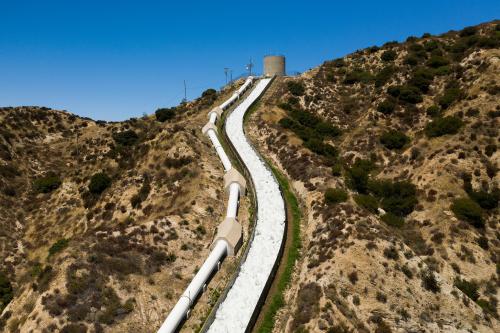During the past century, innovation in mechanics, computing technology, medicine, and business practices has driven economic growth, raised wages, and helped Americans lead longer and healthier lives. Since the 1970s, however, the pace of innovation has slowed, leading to lower overall wage growth for American workers. Moreover, those gains that have been made have not been shared equally across society.
Reinvigorating the momentum of innovation that benefits all Americans is imperative to create broad-based economic growth and higher living standards. To take on this challenge, The Hamilton Project held a forum titled PhDs, Policies, and Patents: Innovation and America’s Future, on June 28, 2011. The discussion explored the evolving role of innovation in driving broad-based economic growth in the United States and in creating the policy environment necessary to foster new ideas in science, technology and business. From that conference, the Hamilton Project identified the following facts about innovation:
- Innovation drives economic growth and raises wages.
- Innovation improves U.S. life expectancy.
- Innovation makes technology affordable.
- New organizational structures lead to rising standards of living.
- New household technologies allow for more time for family and leisure.
- The pace of American innovation has slowed during the past four decades.
- Innovation has failed to increase wages for a substantial number of Americans.
- Significant barriers to innovation exist in the government and the private sector.
- Federal support for research & development has declined in recent years.
- Relatively few U.S. college students study fields critical to innovation.
- American women are less likely to continue in STEM fields than American men.
- U.S. policy makes it difficult for international students to stay and work.
For more information, click on each of the facts above or download the full policy memo (PDF) »
The Brookings Institution is committed to quality, independence, and impact.
We are supported by a diverse array of funders. In line with our values and policies, each Brookings publication represents the sole views of its author(s).









